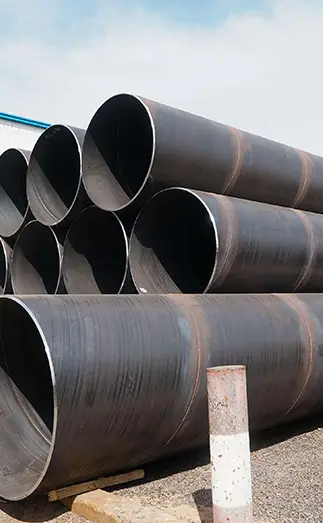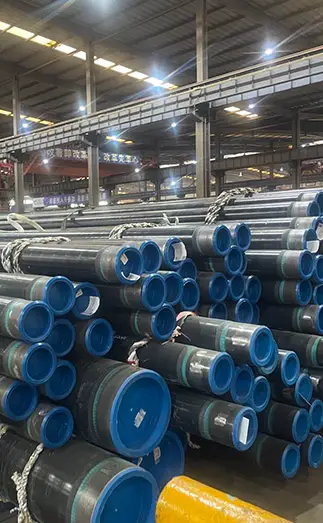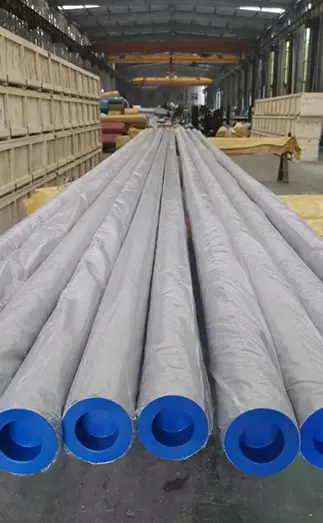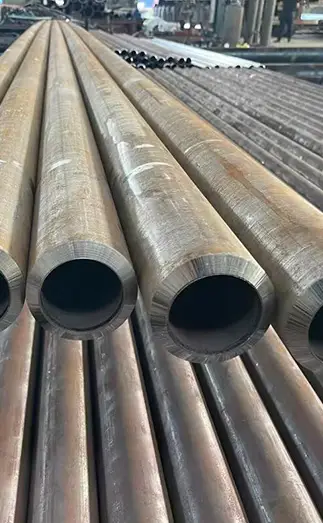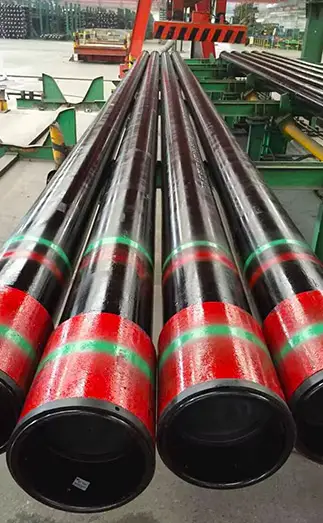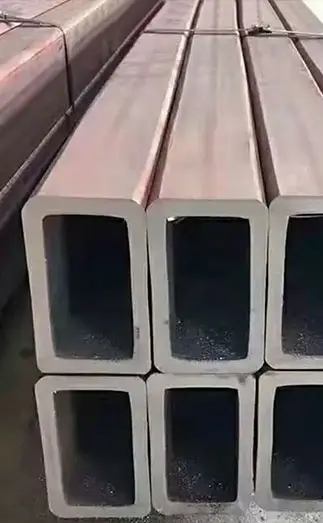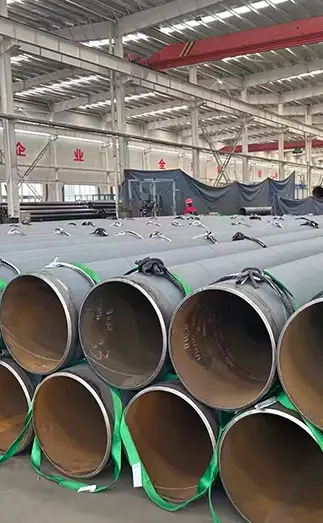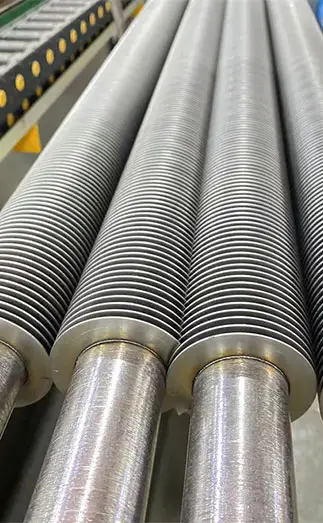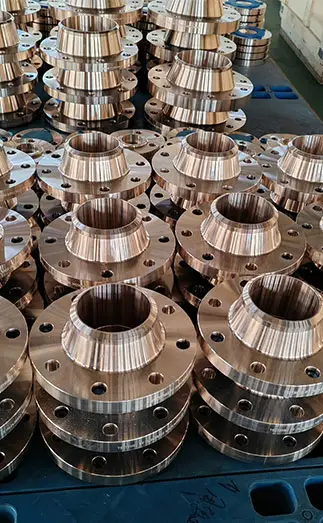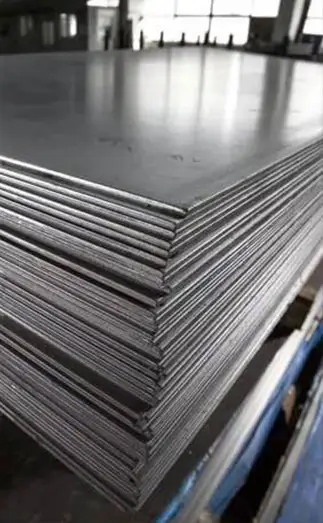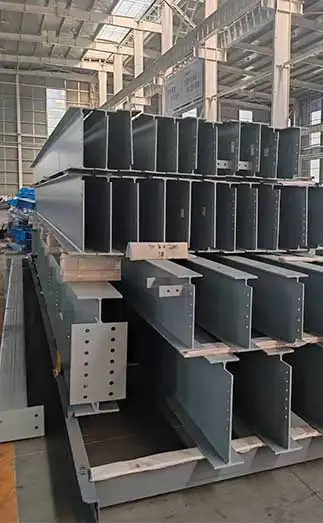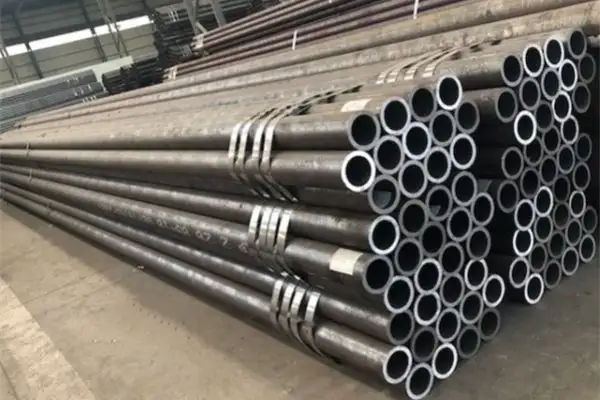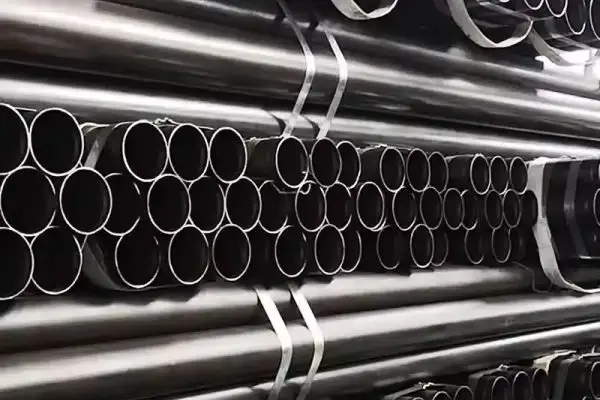Square and rectangular tubes are essential structural steel materials widely used in construction, machinery manufacturing, furniture, and other industries. Their quality and performance directly affect the stability and service life of the final product. Therefore, selecting the right supplier is a key step to ensure that the materials fully meet your project requirements.
1. Define Your Requirements Clearly
Before starting your supplier search, identify your specific material needs — including steel grade, cross-sectional dimensions, wall thickness, length, and applicable standards. Different applications have varying demands for strength, corrosion resistance, and precision. Having clear requirements helps you narrow down your choices and focus on suppliers capable of meeting your exact specifications.
2. Assess Production Capacity and Technical Capability
A supplier’s production scale and technical strength are the foundation of stable product quality. Check whether they have complete production lines, including cold drawing, cold rolling, and welding equipment, as well as a skilled technical team. Suppliers with mature processes are better able to ensure high dimensional accuracy, smooth surface finish, and consistent quality across batches.
3. Review Quality Control Systems
Reliable quality management ensures product consistency and compliance. Investigate whether the supplier maintains strict inspection procedures — from raw material procurement and production to final shipment. Typical tests include mechanical property testing, chemical composition analysis, non-destructive examination, and dimensional accuracy checks. Suppliers with robust inspection systems can deliver products with greater reliability and traceability.
4. Consider Industry Experience and Reputation
A supplier’s years of operation and customer base often reflect their professionalism and credibility. Seek feedback from peers or review client testimonials to understand their performance in areas such as delivery reliability, quality control, and after-sales service. Those with long-term, stable operations and positive market reputations are usually more dependable partners.
5. Compare Pricing and Overall Cost
While quality should always come first, price remains an important consideration. Avoid choosing solely based on low quotes, which might indicate compromises in material or workmanship. Instead, compare offers from multiple suppliers, paying attention to the clarity of their pricing structure and whether costs such as transportation and packaging are included. This helps you evaluate the true total cost of procurement.
6. Evaluate After-Sales Service and Technical Support
A supplier’s commitment doesn’t end at delivery. Assess whether they offer timely technical consultation, responsive issue handling, and clear return or replacement policies. Strong after-sales support can help resolve problems quickly, reducing downtime and minimizing potential losses.
7. Verify Qualifications and Compliance
Ensure that the supplier holds valid production licenses, business credentials, and quality certifications. Confirm that their products meet national or industry standards. Checking company qualifications and credit information can help you avoid regulatory or contractual risks during future cooperation.
Conclusion
Choosing the right supplier for square and rectangular tubes requires comprehensive evaluation. By defining your needs and examining key factors — including production capability, quality control, reputation, pricing, after-sales service, and compliance — you can confidently select a trusted partner. A careful, long-term approach not only ensures consistent material supply but also strengthens the foundation for sustainable business cooperation.



 English
English Español
Español Français
Français بالعربية
بالعربية